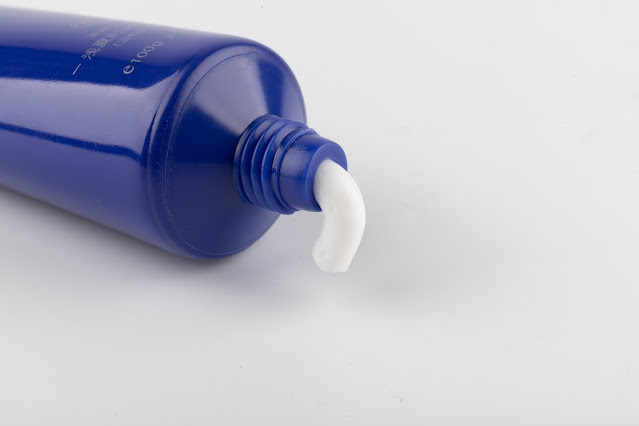Fluoride toothpaste is toothpaste with substantial levels of fluorine present in it, as the name implies. Fluorine is a substance naturally present in rocks, soil, and drinking water. Fortified cereals, varnishes, infant formula, and even mouth rinses contain fluorine as well. Fluoride toothpaste makes up the most of toothpaste available on the market. The concentration of fluoride present, however, differs for different products.
The preponderance of fluoride toothpaste is for a good reason. Studies have shown that fluoride is one of the major safeguards against dental problems, such as caries. Brushing twice daily with fluoride toothpaste plays a huge role in maintaining dental health- and keeping teeth in prime condition.
However, it is important that one monitors exposure to fluorine and consults professional help, if necessary. Consult dentist campsie on expert professional help and opinions about dental health.
What Are The Benefits Of Fluoride Toothpastes?
They prevent the formation of plaque. Bacterial action on carbohydrate food remnants that linger on the teeth causes plaque formation. This bacterial action converts the sugars present into acids. These acids slowly dissolve the enamel, the strong outer layer of the tooth. If unchecked, this can cause cavities, gum infection, and profound tooth damage in the long run.
Coupled with the mechanical action of brushing, the antimicrobial action of fluoride toothpaste helps prevent plaque formation.
Fluoride toothpaste, therefore, prevents the formation of cavities. Although, this is in different degrees depending on concentration. Regular "normal fluoride concentration" toothpaste does a decent job of reducing the risk of cavities. However, stronger concentrations are much more effective, especially in high-risk persons.
In addition, fluoride toothpaste helps to strengthen the enamel and thus keeps the spread of cavities in check. Some postulate that fluoride does this by changing its chemical properties. This change renders the enamel impervious to bacterial action. Therefore, it strengthens the enamel and keeps it in prime condition, untouchable by bacteria.
Fluoride toothpaste is also particularly helpful for those with tooth sensitivity. Fluoride’s antimicrobial action helps prevent the formation of acids by teeth bacteria. Fluoride toothpaste also forms a protective layer of film over exposed areas of the teeth that are prone to triggers like acids or cold.
Fluoride toothpaste also helps to remineralize the teeth. However, most over-the-counter toothpaste cannot pull this off. This is because their concentrations may be too low to pull this off by topical application. The fluoride concentration of most regular toothpaste falls between 1000 and 1500 parts per million.
High-fluoride toothpaste (5000 parts per million) is necessary to pull this off. People usually get them by prescription. Alternatively, some use hydroxyapatite toothpaste for re-mineralization as well.
Conclusion
Although fluoride toothpaste offers several benefits, its use in children requires monitoring. The reason is that high fluoride levels in children cause fluorosis. Fluorosis can be mild, causing white and brown spots on teeth, or very serious, causing profound tooth damage.
Pea-sized amounts will suffice for kids for brushing. Even smaller amounts should work for infants. In addition, if parents are unclear about the amount of fluoride to use for growing children, they should seek professional help.








































No comments
We love hearing from you! Thanks for leaving us some comment love! If you're a new follower, please leave your link, so we can follow you back!